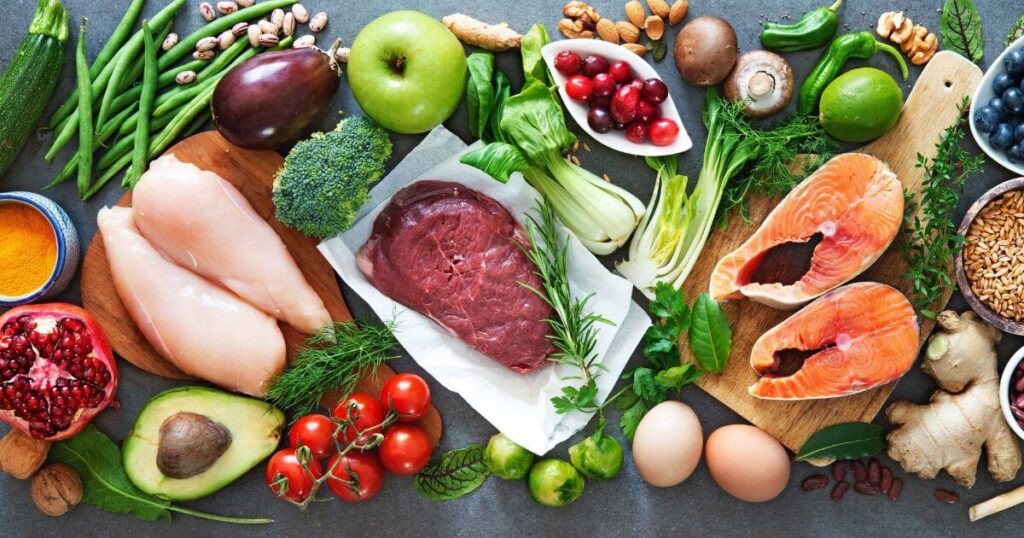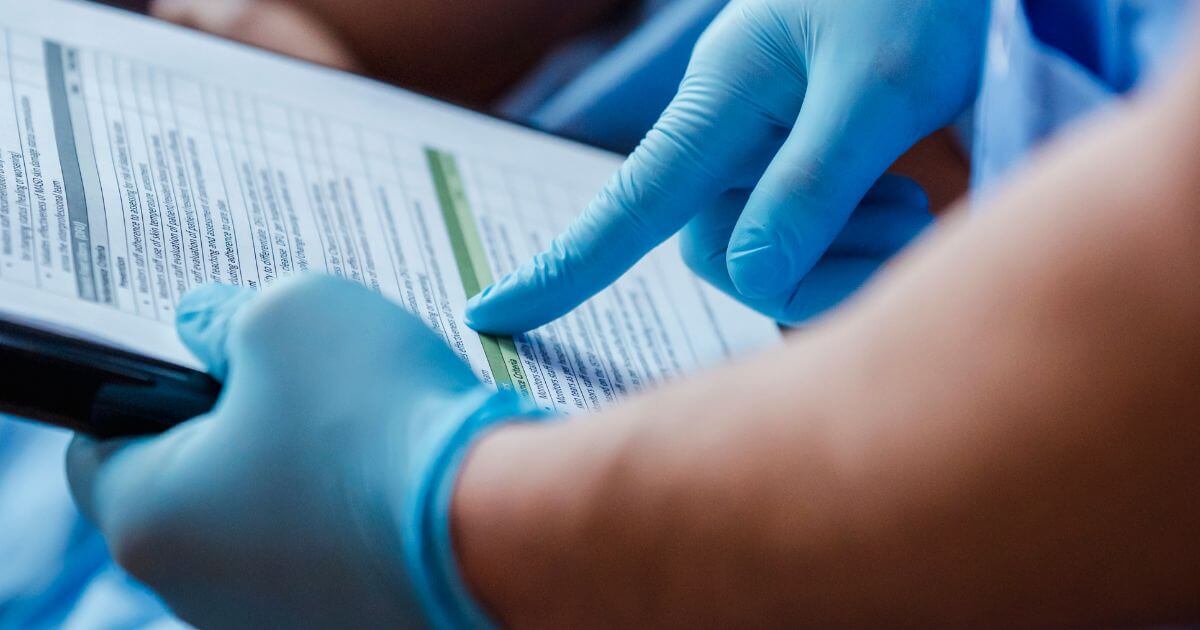It is widely accepted that nutrition plays a key role in wound healing. However, there are many factors that can affect someone’s ability to get adequate nutrition, including poverty, poor food access, chronic illness and medications that can interfere with nutrient absorption. People who are food insecure often have diets that lack the variety of nutrients needed for good health. Chronic illnesses like diabetes can also make it difficult to absorb nutrients, and certain medications can reduce the absorption of key nutrients like zinc. Dexterity, eyesight, anxiety, pain and problems with swallowing may all be factors that need assessing.
A healthy diet can help improve the rate and quality of wound healing, as well as helping to reduce the risk of infection. While all nutrients are important for wound healing, there are some that play a more critical role during specific phases.
The Early Stages of Wound Healing
In the early stages of wound healing, known as the inflammatory phase, the body’s immune system is activated to clean up the wound and begin repairing tissue.
During the inflammatory phase, it is important to eat a diet that is high in protein and calories to help the body repair tissue and fight infection. This is often referred to as the “catabolic phase” of wound healing, as the body is breaking down muscle and fat for energy.
Wound healing is a complex process that involves many different proteins. A lack of protein can delay wound healing, and a person who is malnourished may not have enough protein to even begin the healing journey.
It is during this phase that exudate, or fluid, from the wound can be at its highest. Exudate can lead to additional protein and fluid loss, which can further complicate the healing process. It is important to replace these lost nutrients so consider adding protein-rich foods to the diet at this stage, such as lean meats, poultry, fish, eggs, dairy, beans and legumes.
Once the wound starts repairing
The catabolic phase is followed by the proliferative phase, during which new cells are generated and the wound is gradually repaired. During this proliferative phase, after the inflammation has passed, it is still important to consume a diet that is high in protein and calories. However, there is also a need for other nutrients, such as zinc, vitamin A and copper.
While Zinc helps to promote cell growth and tissue repair, copper helps to form new blood vessels and is necessary for the production of collagen. A deficiency in either zinc or copper can delay wound healing. Zinc can be found in foods such as meat, poultry, seafood, beans and nuts. Copper can be found in foods such as oysters, crabs and lobsters.
Vitamin A is essential for the production of collagen, a protein that helps to bind together the different tissues in the body. Vitamin A also helps to fight infection and is necessary for the repair of tissue damage. Vitamin A can be found in foods such as liver, egg yolks and dairy products.
A healed wound
Finally, the remodelling phase occurs, during which the wound is fully healed and the repaired tissue is strengthened. This process can take weeks or months, and during this time it is important to consume a diet that provides all the nutrients needed for good health, including protein, vitamins, minerals and antioxidants. Antioxidants are nutrients that help to protect cells from damage. They can be found in foods such as fruits, vegetables, whole grains and nuts.
Addional Supplementation?
There is some evidence that certain supplements may help to improve wound healing. For example, omega-3 fatty acids have been shown to promote wound healing by reducing inflammation. However, it is always best to get nutrients from food sources rather than supplements. Speak to a doctor or dietitian before taking any supplements, as they can interact with medication and have side effects.
It is important to note that while a healthy diet is necessary for proper wound healing, it is just one part of the puzzle. Other factors, such as getting enough rest, managing stress and keeping the wound clean, are also important. Always consult a healthcare professional for more information on how to optimise wound healing.



